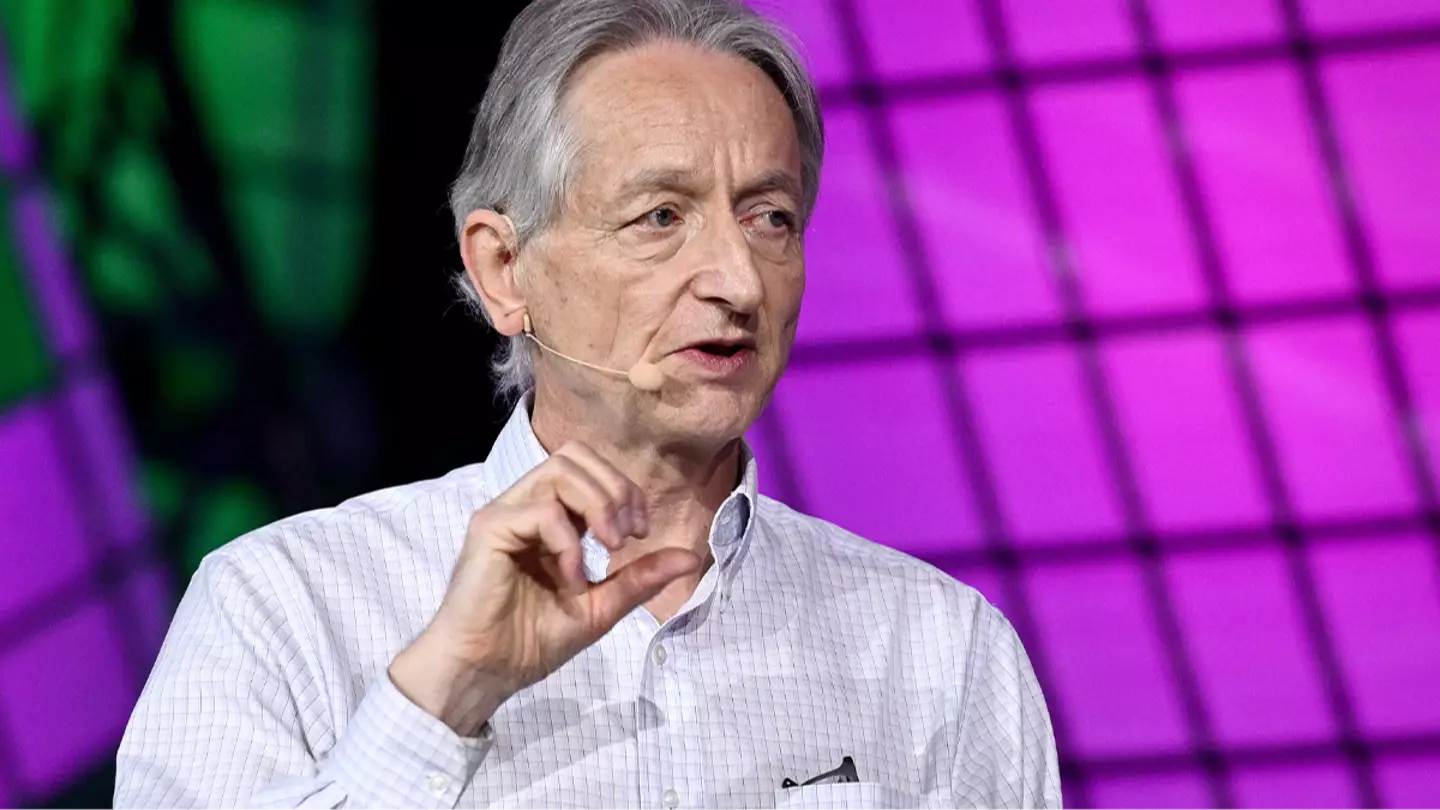Dr. Geoffrey Hinton has raised concerns about the potential risks posed by artificial intelligence and its impact on humanity.
Hinton underscores the necessity of maintaining AI systems in a ‘submissive’ role to prevent adverse outcomes, highlighting the numerous hypothetical scenarios where AI could go awry.
Recognized as the ‘Godfather of AI’ for his groundbreaking work in developing artificial neural networks, Hinton is deeply invested in the field of machine learning. His contributions have significantly influenced the industry.
As many science fiction narratives suggest, the absence of stringent oversight could lead to technology causing significant harm or challenges for humanity.
There’s considerable apprehension about the long-term implications of artificial intelligence and its potential uses.

A current debate centers around whether AI assistants or chatbots exhibit political biases, potentially influencing public opinion.
With AI capabilities advancing rapidly, there are increasing calls for frameworks or guidelines to safeguard against potential harms to humanity.
Intriguingly, Hinton has suggested that imbuing AI with ‘maternal instincts’ could mitigate the risks as it evolves to surpass human intelligence.
He explained: “[AI systems] developing artificial neural networks.
“The other subgoal is to get more control. There is good reason to believe that any kind of agentic AI will try to stay alive.”
While the concept may seem unconventional, Hinton has elaborated on his rationale for why a maternal instinct might be advantageous for AI development.

Addressing an industry conference in Las Vegas, Ai4, he noted that mothers have innate instincts and societal pressures to nurture their offspring, suggesting a similar mechanism might be beneficial for AI systems.
He stated: “The right model is the only model we have of a more intelligent thing being controlled by a less intelligent thing, which is a mother being controlled by her baby.
“We need AI mothers rather than AI assistants. An assistant is someone you can fire. You can’t fire your mother, thankfully.”
Nonetheless, he acknowledged that the practicality and effectiveness of implementing such a concept remain uncertain.

